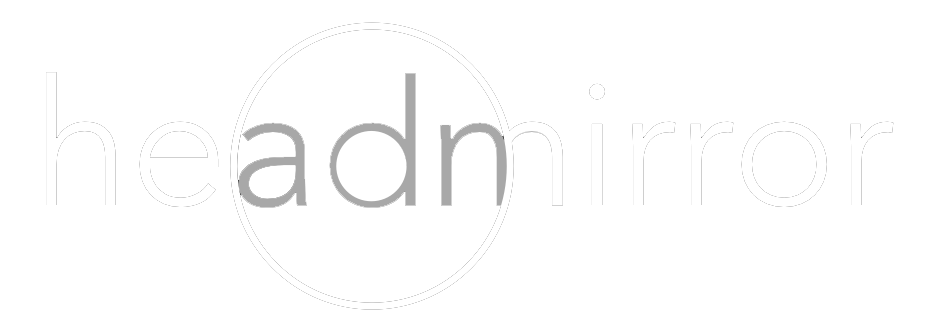Does a 12-hour day on your otolaryngology rotation seem to pass infinitely faster than a minute of internal medicine rounds? Great, then you’ve come to the right place!
If you have found this website, you are likely already considering a career in the field of otolaryngology. Welcome! We hope that you come to find this specialty as dynamic, fascinating, and exhilarating as we do!
Our mission at headmirror.com is two-fold: First, we hope to provide undecided medical students with concise (hopefully not too biased) information regarding the specialty to help prospective applicants make informed decisions regarding career selection. Second, we aim to offer already decided applicants a centralized resource containing advice and links about the selection process so that they might match successfully into the residency program that best fits their goals and needs.
If you ask any ten “experts” about the Match, you will get 10 different answers - there is no absolute recipe for success. The information offered on our website represents a conglomeration of information from various sources, including publications, internet blogs, chat forums, and personal experience. This material was compiled to provide applicants with general guidelines and should not be taken as doctrine; every application is different, and as with any advice, you have to use discretion when deciding if it applies to you. Be leery of the many chat forum threads that contain applicant polls regarding Match statistics and the ever so common “what are my chances” entries. These are fun to look at, but more often than not, they are highly inflated and anxiety-provoking to the average applicant. It is easy to get caught up in the Match statistics when deciding whether or not to pursue a career in this field. It is true that otolaryngology is one of the more competitive specialties, but when making your decision, remember that the majority of fourth year US medical school applicants DO MATCH. Do not let Match statistics intimidate you and keep you from pursuing the specialty if you are truly interested. Instead, look at them as attainable goals to work toward. While board scores and AOA membership likely help in the initial application screening, many applicants with board scores below 220 match successfully by making up for this deficit in other areas of the application.
We hope you enjoy reading through our content pages. If you have any questions, suggestions, or concerns, please contact us.

